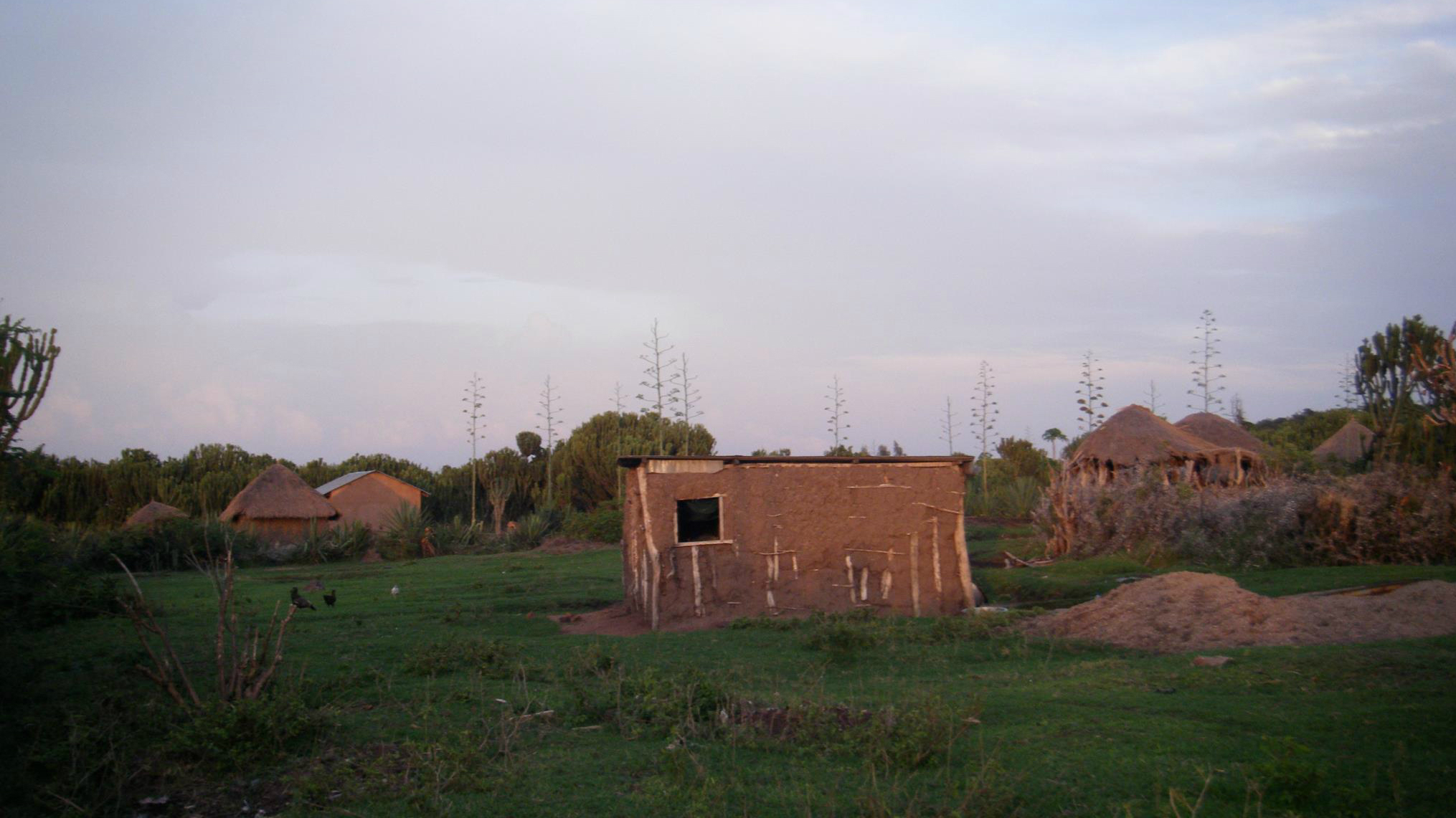One afternoon in Kemgesi, Serengeti District, Tanzania, I crouched watching elderly men play a local variant of Bao, similar to the game Mancala. They were scooping up beans from the weathered board and counting in Kingoreme, the local language, as they re-deposited them, one by one, into each cavity on the board.
One of my neighbors, a man known as Mwalimu (meaning “teacher,” though he didn’t teach at any school as far as I knew), walked up and started a conversation. He was dressed in a jersey and shorts — usually a no-no for adult men in Tanzania unless actively involved in sports — and held a ball.
“Do you know how to play volleyball?” he asked. A teenager joined us, holding his arms behind his back, who was also dressed for sport.
I followed Mwalimu and the teenager to the village soccer field. We stopped there, but I didn’t see a net. The three of us formed a triangle and Mwalimu started to pass the ball back and forth. Soon, we became a circle as more and more teenage boys congregated, as if drawn by the gravity of the volleyball itself.

